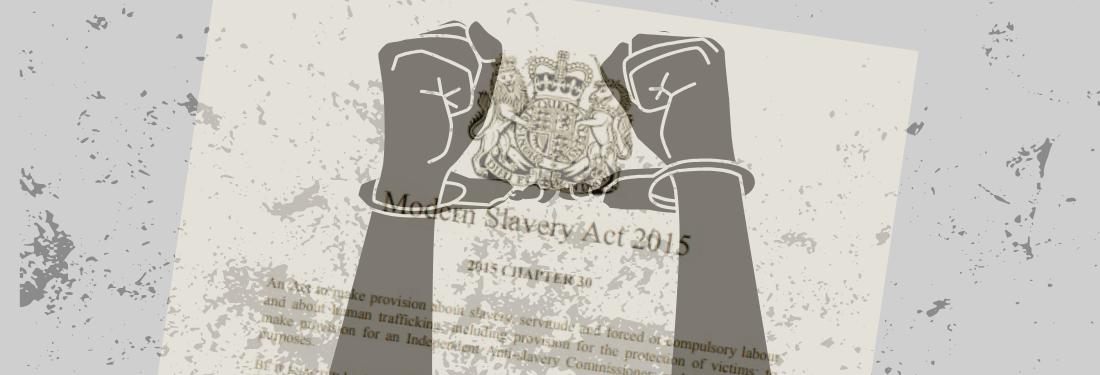IBAHRI calls for urgent action to abolish modern slavery on ten-year anniversary of the UK’s Modern Slavery Act

The International Bar Association’s Human Rights Institute (IBAHRI) calls for urgent action from the UK government as ten-years on, the Modern Slavery Act 2015 (the Act) no longer holds up to scrutiny in the face of the persistent global prevalence of forced labour.
While once hailed as a landmark achievement, the Act has failed to eliminate exploitation from supply chains, allowing businesses to continue profiting from forced labour with minimal accountability. Strengthening these measures is crucial, not only to uphold the UK’s international commitments, but also to protect taxpayers from indirectly funding exploitation.
According to the European Parliament, 86 per cent of all forced labour cases occur in the private sector, affecting 17.3 million people worldwide. This anniversary is a moment for reflection and, more importantly, for action. The UK must close legal loopholes, strengthen enforcement and demand greater corporate accountability to prevent modern slavery from thriving in its economy.
In February 2025, the IBAHRI submitted written evidence to the Joint Committee on Human Rights outlining how the UK can learn from legislative approaches adopted by Australia, Canada and Germany, inter alia, in enacting new and improved legislation. The IBAHRI has a series of recommendations for the UK government, including:
- implementing an import ban on goods produced through modern slavery, preventing them from entering the UK market;
- strengthening enforcement mechanisms by introducing financial penalties to ensure meaningful consequences for companies that fail to meet transparency and due diligence requirements;
- enhancing monitoring systems to provide government agencies and civil society with actionable data on high-risk imports, improving oversight and accountability;
- leading by example in public procurement, ensuring that government contracts adhere to the highest ethical standards and do not contribute to forced labour; and
- establishing a fair-trade certification, allowing businesses to demonstrate compliance, educating consumers and increasing public awareness of modern slavery.
Combatting modern slavery requires a comprehensive and adaptable approach that keeps pace with the rapidly evolving global economy. The UK must strengthen its legislation to align with more rigorous international standards, making it clear that profiting from forced labour will not be tolerated. By taking decisive action, the UK can reclaim its position as a global leader in the fight against modern slavery and reinforce its commitment to ethical trade and human rights.
ENDS
Contact: IBAHRI@int-bar.org
Notes to the reader:
- Related material:
- The International Bar Association’s Human Rights Institute (IBAHRI), established in 1995 under Founding Honorary President Nelson Mandela, is an autonomous entity working to promote, protect and enforce human rights under a just rule of law, and to preserve the independence of the judiciary and the legal profession worldwide.
- Find the IBAHRI on social media here:
- The International Bar Association (IBA), the global voice of the legal profession, is the foremost organisation for international legal practitioners, bar associations and law societies. Established in 1947, shortly after the creation of the United Nations, with the aim of protecting and promoting the rule of law globally, the IBA was born out of the conviction that an organisation made up of the world's bar associations could contribute to global stability and peace through the administration of justice.
- Find the IBA on social media here:
Short link: tinyurl.com/434ap8bn
Full link: www.ibanet.org/IBAHRI-calls-for-urgent-action-to-abolish-modern-slavery-on-ten-year-anniversary-of-the-UKs-Modern-Slavery-Act